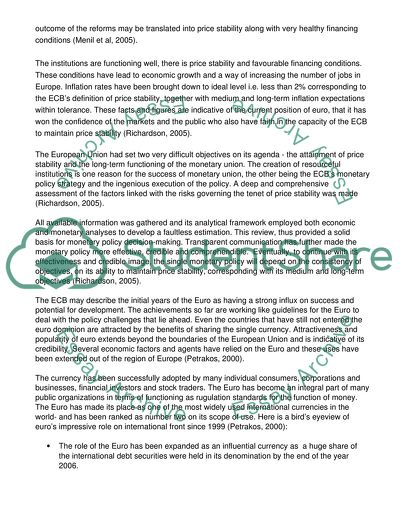Cite this document
(Europe's Economy Assignment Example | Topics and Well Written Essays - 1500 words, n.d.)
Europe's Economy Assignment Example | Topics and Well Written Essays - 1500 words. https://studentshare.org/finance-accounting/1713728-has-the-euro-actually-benefited-europes-economy-discuss
Europe's Economy Assignment Example | Topics and Well Written Essays - 1500 words. https://studentshare.org/finance-accounting/1713728-has-the-euro-actually-benefited-europes-economy-discuss
(Europe'S Economy Assignment Example | Topics and Well Written Essays - 1500 Words)
Europe'S Economy Assignment Example | Topics and Well Written Essays - 1500 Words. https://studentshare.org/finance-accounting/1713728-has-the-euro-actually-benefited-europes-economy-discuss.
Europe'S Economy Assignment Example | Topics and Well Written Essays - 1500 Words. https://studentshare.org/finance-accounting/1713728-has-the-euro-actually-benefited-europes-economy-discuss.
“Europe'S Economy Assignment Example | Topics and Well Written Essays - 1500 Words”. https://studentshare.org/finance-accounting/1713728-has-the-euro-actually-benefited-europes-economy-discuss.


